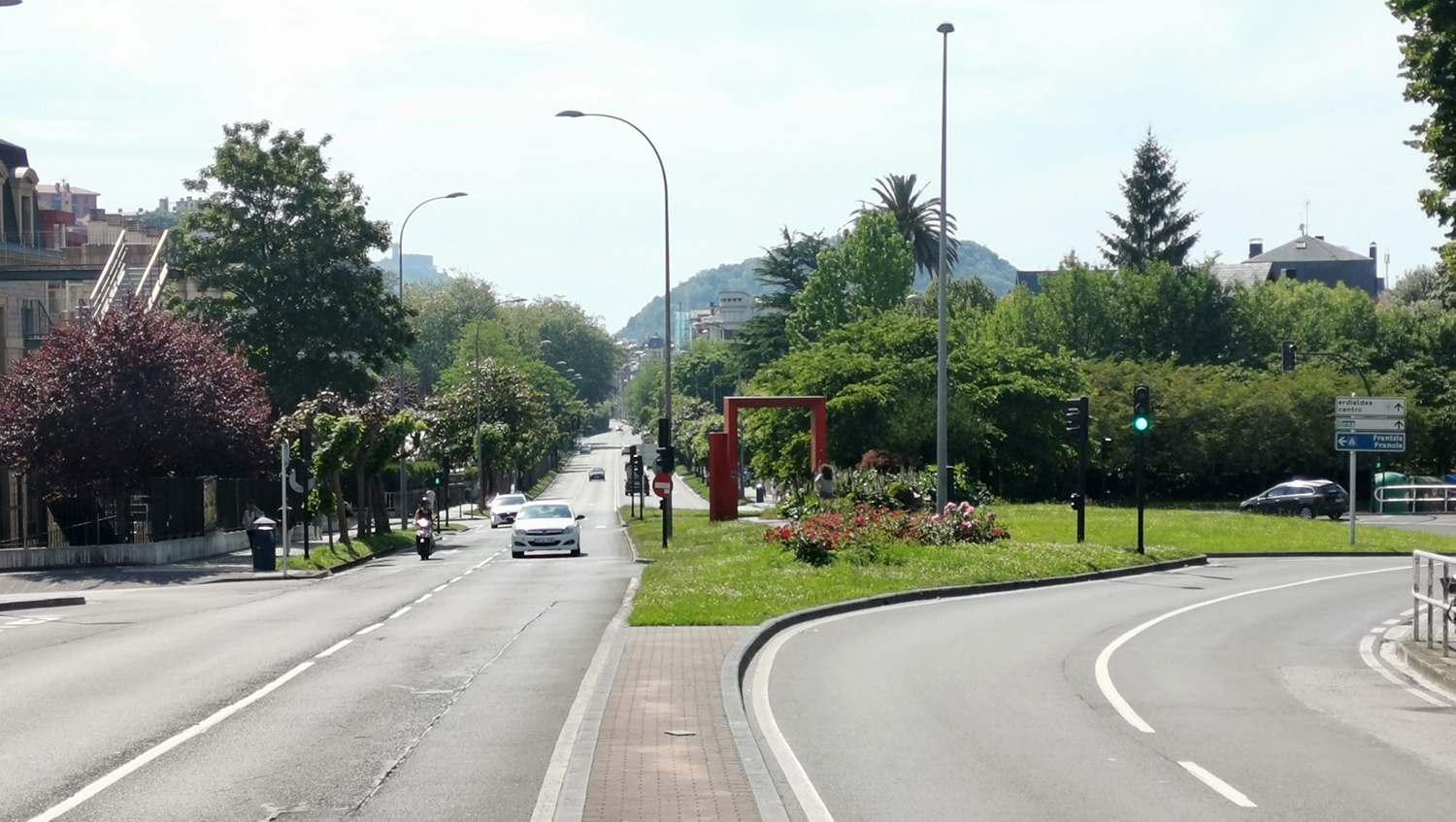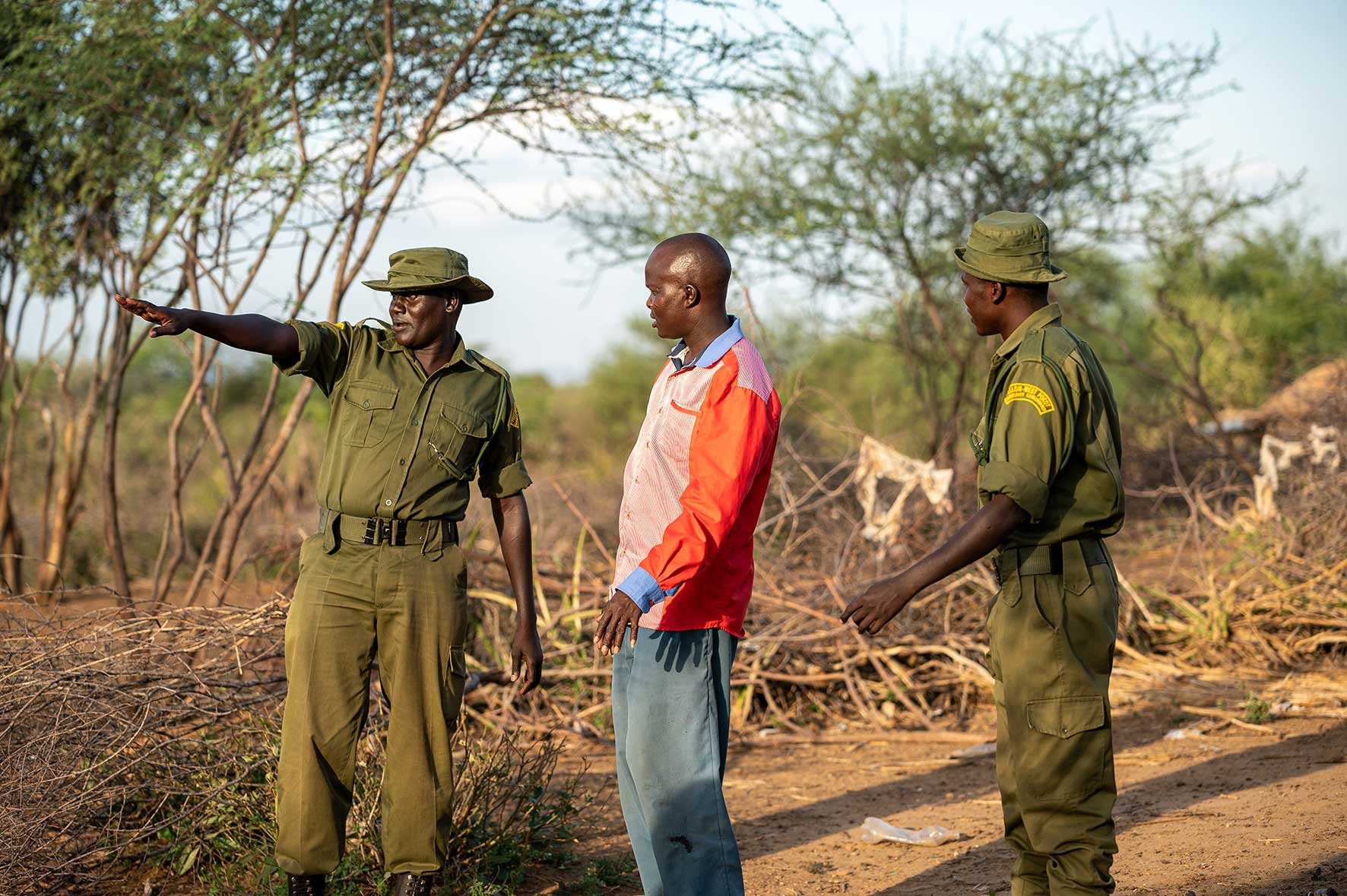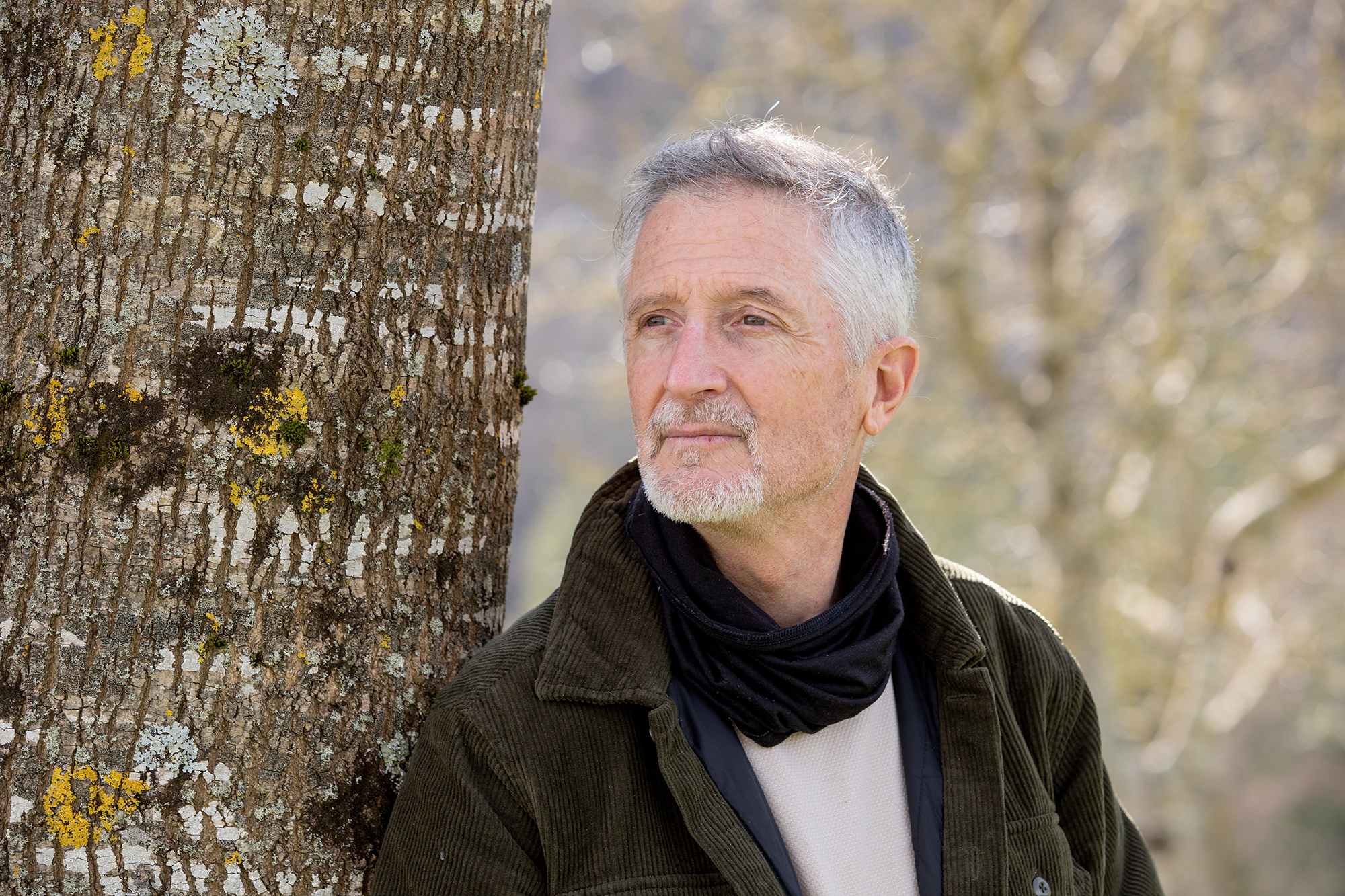200 countries agree to start a transition to leave fossil fuels behind
- This is the first time that the decision to leave fossil fuels behind at such a summit has been discussed, but the deadlines and objectives remain in the air. The countries of the Global South remain the worst hit by the climate crisis, according to El Salto.

The United Nations Conference on Climate Change 2023 (COP28) has decided to begin a transition to leave fossil fuels behind after two weeks of negotiation. 200 countries have agreed to leave fossil fuels “progressively” and launch the “transition”. Thus, it has set itself the goal of achieving carbon neutrality by 2050, as reported by Summit President Al-Jaber and United Arab Emirates Minister of Industry. They have not set different deadlines or objectives, and El Salto has stressed that the countries of the Global South will continue to be the hardest hit by the climate crisis.
However, the text of the Global Balance Sheet on the Paris Agreement has provoked an anger in this process, especially in the section on energy: fossil fuels account for 80% of energy consumption and are the main causes of the climate emergency. Some countries are opposed to leaving fossil fuels behind. The Greenpeace delegation in the United Arab Emirates has stated that “first of all it is urgent to stop all plans for the spread of fossil extractions that today push us above 1.5°C,” El Salto said.
They have had to negotiate a great deal to reach an agreement and al-Jaber has underlined the “hard” work of the 200 countries in the negotiations. He adds that it has been a “historic and unprecedented achievement”, as the COP28 has never reached an agreement on fossil fuels: “We have to be proud of historic success and United Arab Emirates is proud of our role in achieving it.”
Compensation
The Salto states that the signed agreement does not guarantee that the countries of the global South can access resources for the transition to renewable energies or resources to solve other needs. Therefore EE.UU. It has pledged to donate $20 million, as the compensation that these countries have is very limited.
Berria izateari utzi dio: beroketa globalak bi graduak gaindituko ditu, eta gainditze horrek ondorio oso garestiak ditu. Klimaren gaia tabu bilakatzen ari den testuinguru berri honetan, banketxe handiek ez dute horri buruz komunikatzen, baina arazoaz ongi jabetu dira eta... [+]
On the night of April 28, the terraces of Barcelona’s Badal Rambla were crowded; unrefrigerated beers were served, but people seemed happy. “If the end of the world has to come, let it catch us with joy,” a neighbor told me. For more than ten hours the electricity had... [+]
Klima aldaketaren eraginez, munduko lurralde gero eta gehiago idortzen ari dira, milioika pertsonaren jarduera eta bizimoduak kolokan ezarririk. Fenomeno horren frontean dago India erdialdeko Maharashtra estatua, non klimaren berotzeari eta lehortzeari metatu zaizkien oihan... [+]
Today’s Venice is built on an archipelago of 118 islands. These islands are connected by 455 bridges. The city is based on mud rather than Lura. Millions of trees in the area were cut down from the 9th century onwards to build piles and cement the city. Years have passed and... [+]
Lurrak guri zuhaitzak eman, eta guk lurrari egurra. Egungo bizimoldea bideraezina dela ikusita, Suitzako Alderdi Berdearen gazte adarrak galdeketara deitu ditu herritarrak, “garapen” ekonomikoa planetaren mugen gainetik jarri ala ez erabakitzeko. Izan ere, mundu... [+]
Eskola inguruko natur guneak aztertu dituzte Hernaniko Lehen Hezkuntzako bost ikastetxeetako ikasleek. Helburua, bikoitza: klima larrialdiari aurre egiteko eremu horiek identifikatu eta kontserbatzea batetik, eta hezkuntzarako erabiltzea, bestetik. Eskola bakoitzak natur eremu... [+]
Agintari gutxik aitortzen dute publikoki, disimulurik eta konplexurik gabe, multinazional kutsatzaileen alde daudela. Nahiago izaten dute enpresa horien aurpegi berdea babestu, “planetaren alde” lan egiten ari direla harro azpimarratu, eta kutsadura eta marroiz... [+]
Biologian doktorea, CESIC Zientzia Ikerketen Kontseilu Nagusiko ikerlaria eta Madrilgo Rey Juan Carlos unibertsitateko irakaslea, Fernando Valladares (Mar del Plata, 1965) klima aldaketa eta ingurumen gaietan Espainiako Estatuko ahots kritiko ezagunenetako bat da. Urteak... [+]



















